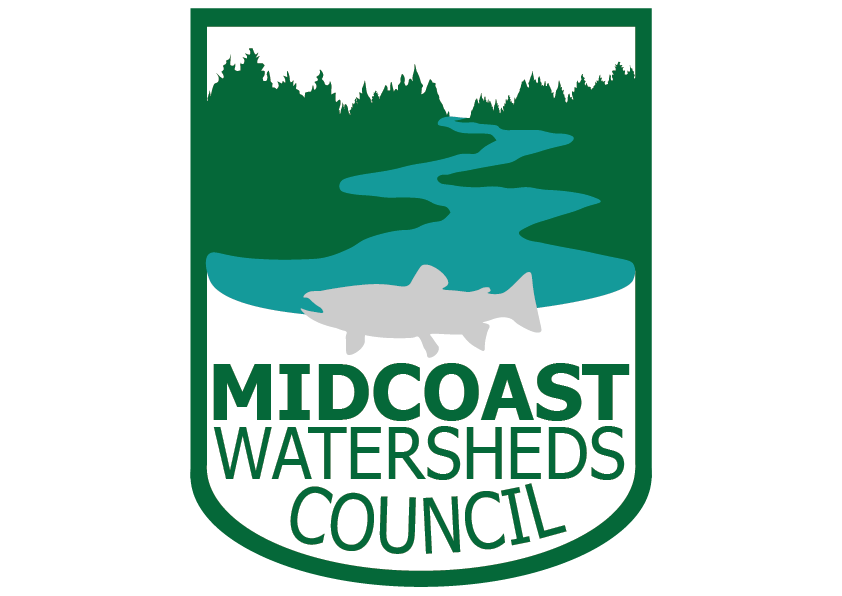Many fishermen, oyster growers, scientists and others know that the wetlands fringing Oregon’s coastal bays are of value for their natural abilities to reduce storm flooding and trap sediment, and provide nurseries for a great number of commercially and recreationally important fish and shellfish. But less known is that these marshes and swamps are also now recognized for their important role in pulling CO2 out of the earth’s atmosphere and permanently storing its carbon in wetland soils. This helps reduce the amount of CO2 in the atmosphere, one of the principle drivers of climate change. How much potential do these habitats have to store carbon and how can we do more to protect and enhance these habitats to provide these benefits?
The carbon storage benefits of conserving natural habitats such as trees, marshes, and soils, in natural and working landscapes are “natural climate solutions”, and the overarching topic of a carbon-storage focused, free speaker series, “From Ridgetop to Reef”, hosted by the MidCoast Watersheds Council. On Thursday, February 6th, Craig Cornu of the Pacific Northwest Blue Carbon Working Group will describe their research to assess the carbon storing potential of Pacific Northwest tidal wetlands, as well as investigating the feasibility of using carbon finance to support tidal wetland restoration initiatives.
In 2014, Craig Cornu helped found the Pacific Northwest Blue Carbon Working Group, a diverse group of researchers, land managers, carbon market investors, policy makers, and planners. As a part of their work over the past three years, Craig has been managing grant-supported research projects to help fill key blue carbon data gaps and assess the feasibility of blue carbon projects for the region. Craig has over 20 years’ experience leading estuarine wetland restoration project design, management and effectiveness monitoring at sites in the South Slough National Estuarine Research Reserve. He received a NOAA Environmental Hero award in 2002 for this innovative work featured in professional reports and peer-reviewed publications and has served as an advisor to state and federal agencies, private landowners, watershed associations and other non-profit organizations on numerous estuarine wetland restoration and effectiveness monitoring projects in Oregon and Washington. Craig also led (with the Coos Watershed Association) the establishment of Coos Bay’s Partnership for Coastal Watersheds, a community coalition that developed a comprehensive stakeholder-driven assessment of environmental and socio-economic status and trends in the Coos estuary to support local leaders’ revision of the Coos Bay Estuary Management Plan, and other initiatives such as proposed Coos estuary coastal hazards/climate change vulnerability assessment and adaptation planning.
Craig Cornu’s presentation will begin at 6:30 PM on Thursday, February 6th, in the Pacific Maritime Heritage Center’s newly-renovated Doerfler Family Theatre in Newport on 333 SE Bay Blvd. Other talks in this free series about natural climate solutions will continue through June on the first Thursday of each month at the same time and the same place. Please consider carpooling or using alternative transportation, as it is now commercial crab season and nearby Bayfront parking outside of the main PMHC lot can be harder to find. Refreshments will be provided. The MidCoast Watersheds Council regular Board meeting will follow the presentation to review current restoration work, the monthly financial report, and the work of the technical and administrative committees.


